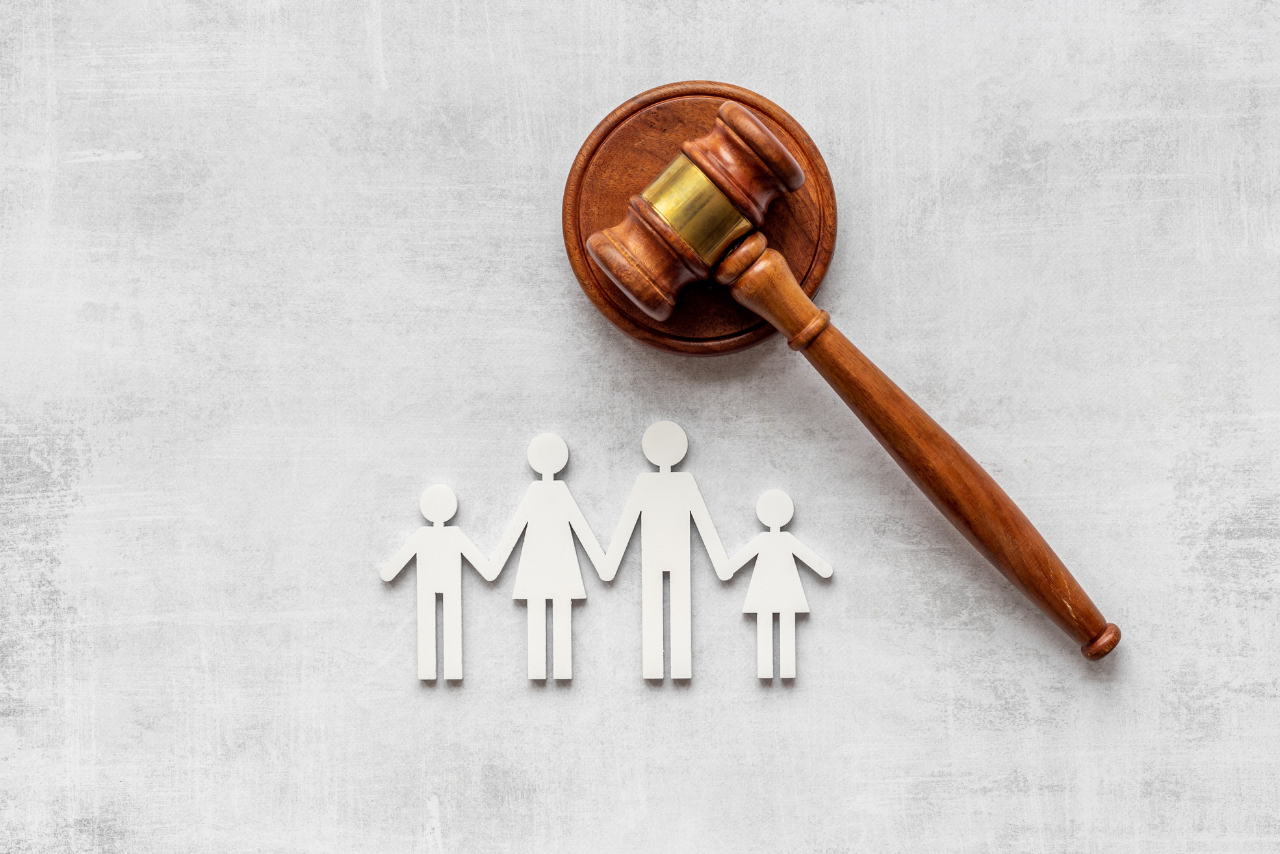ABOUT US
At Horn Legal, we place a high value on providing personal and business legal services matched with outstanding practical solutions to our clients.

Family law & Children Law
We deal with all aspects of family matters including the following:
- Drafting of Antenuptial Contracts
- Matrimonial Property system advice
- Marriages
- Maintenance (Child and Spousal)
- Parental rights & responsibilities (Care, Contact and Guardianship)
- Parenting Plan Agreements
- Divorce
- Sharing of assets and redistribution agreements
- Drafting of Wills
- Divorce Mediation
- Court preparation
- Children and the new Children’s Act
The implementation of the Children’s Act, Act 38 of 2005 has changed the terminology previously used in respect of children. It has also defined the parental rights and responsibilities that parents or other parties may have, and confers equal and joint guardianship status on parents of children born from marriage. - The ‘best interests of the child’ principle
The child’s best interest is a constitutional right of every child. In all matters concerning a child, the best interests of the child is paramount. The Act provides a list of factors that have to be considered when determining a child’s best interests.
The Children’s Act also expressly includes the right of a child to participate in any decisions pertaining to him/her.
Antenuptual Contracts / Marriage Contracts
Getting married is probably the most exciting but also stressful times and one’s life. Don’t forget about the all important Anteneptual Contract. What follows are the different types of Antenuptual Contracts.
IN COMMUNITY OF PROPERTY
This is the most common type of way in which people get married. If you do not enter into an Antenuptual Contract prior to concluding your marriage, you will be married in community of property. This means that everything that you and your spouse owns will be jointly in one estate, owned in equal share by both spouses. This includes both your assets and liabilities.
OUT OF COMMUNITY OF PROPERTY
This system requires the registration of an Antenuptual Agreement. Prior to getting married, each of the spouses has separate estates. Registering an Antenuptual Agreement makes provision for the exclusion of Community of Property and the exclusion of Profit and Loss and will result in the separate estates of both spouses being maintained.
The result is that the estates of both spouses are permanently separated. In the event of either spouse being declared insolvent, the other spouse will be protected. Also in the case of either spouse passing away, the other spouse’s estate will continue to function independently. This will also entail that the spouses do not share equally in the growth of each other’s estates. This could have a negative effect on the estate of the spouse more inclined to running the household and raising the kids. This is the more beneficial way to get married should one decide to, one day, be an entrepreneur or business owner, together with the system mentioned hereunder.
OUT OF COMMUNITY OF PROPERTY INCLUDING THE ACCRUAL SYSTEM
This is a hybrid system introduced in 1984. While the marriage subsists, the parties are married out of Community of Property and each retains full control of their own estates. In the event of either spouse being declared insolvent, the other souse will retain its solvency. The parties are completely independent. Should either spouse pass away, the other will still be able to function with his/her own estate. This system differs in that while each spouse’s estate is separate from the other during the marriage, the spouses share equally in the growth of the capacity of the estates at the dissolution of the marriage.
CAN WE CHANGE OUR SYSTEM AFTER THE MARRIAGE
Yes, in terms of section 21 of the Matrimonial Property Act, one can change or alter the marriage system. This could be a costly and lengthy exercise as one must file an application with the High Court who still has a discretion whether to allow such a change or not.









